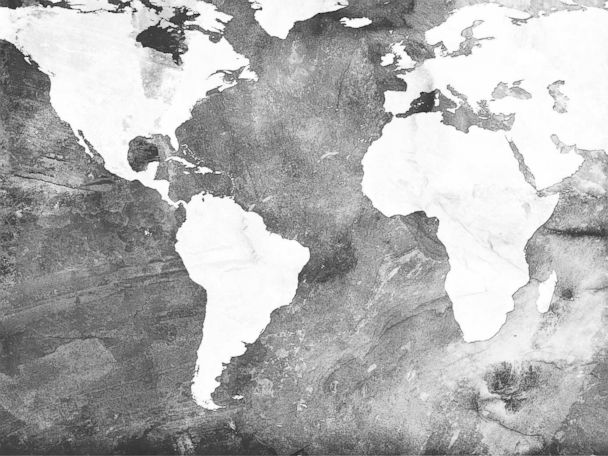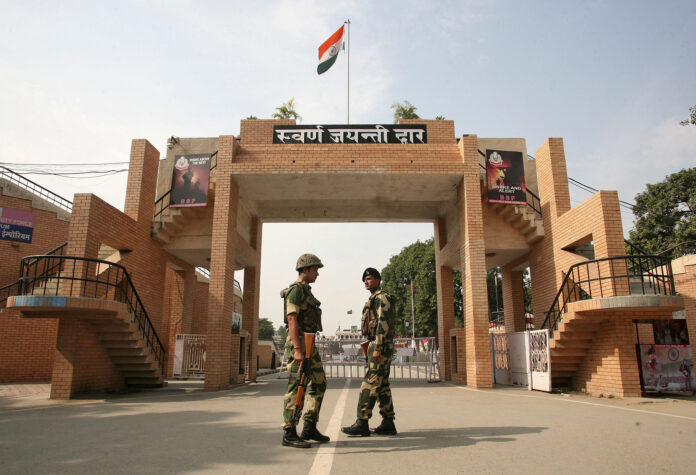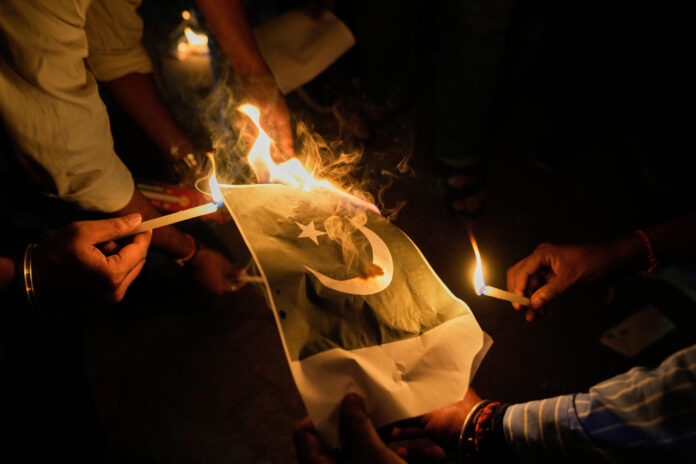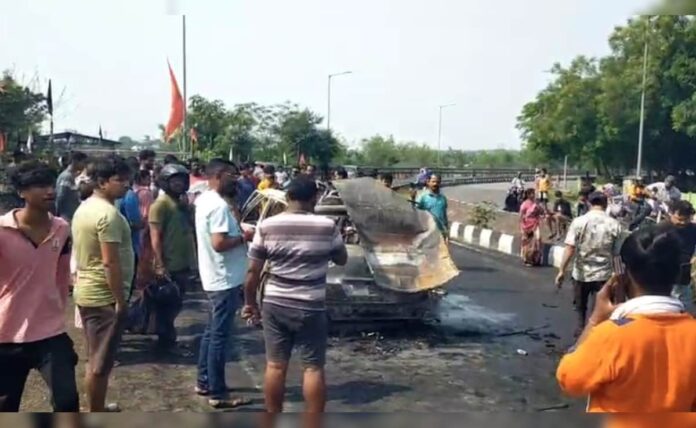In the unforgiving landscape of South Sudan, a harsh reality unfolds – a reality that shatters the fragile tranquility of a nation desperately seeking relief from the darkest corners of human suffering. It’s a place where the lines between hope and despair are perilously thin, where the cries for help are often drowned out by the cacophony of gunfire and fear.

For countless individuals, this unforgiving environment has become a stark reminder of the unfathomable brutality that some humans can inflict on others. Behind the headlines of devastating atrocities, there are countless survivors of sexual assault – women, men, and children – who are fighting to hold on to a shred of dignity and hope in the face of unimaginable trauma.

The Challenge of Accessing Help
Delayed Responses and Lack of Resources

Survivors of sexual assault in South Sudan face significant challenges in accessing the help they need. Delayed responses often stem from the fragmented nature of the healthcare system, which is further strained by a lack of resources and infrastructure. Many clinics are understaffed and under-resourced, leading to long wait times and sometimes immediate refusal of service due to the sheer volume of patients and limited capacity. The situation is exacerbated by the fact that many facilities require payments that survivors cannot afford, leaving them with no option but to wait or seek help elsewhere.

Limited Medical and Psychological Support
The provision of medical and psychological support in South Sudan is severely limited. The country’s ongoing conflict and economic instability have led to a significant shortage of trained medical professionals and mental health specialists. This results in a lack of specialized care for survivors, who often receive subpar treatment or none at all. The absence of consistent and effective psychological support can have long-term detrimental effects on the well-being of survivors, particularly when they are dealing with trauma and post-traumatic stress disorder (PTSD).
Introduction of the WhatsApp Chatbot
Automated Assistance and Immediate Response
IsraAID, an Israel-based humanitarian organization operating in South Sudan, has introduced a WhatsApp chatbot to streamline the process of providing aid to survivors of sexual assault. This innovative technology provides automated assistance, allowing survivors to report their cases and receive immediate response from dedicated social workers. The chatbot is designed to prompt survivors to provide key information about their assault, ensuring that all necessary details are gathered promptly and accurately. This immediate response mechanism is critical, as it significantly reduces the time between an assault and the receipt of medical and psychological support, which can be the difference between life and death in many cases.
Improving Data Management and Privacy
Data management and privacy are paramount when handling sensitive information related to sexual assault cases. The chatbot system used by IsraAID employs encryption and anonymization techniques to protect the identity and privacy of the survivors. The data gathered is not stored on personal devices but is immediately transmitted to a secure server, where it is encrypted and anonymized. This system ensures that the information is protected from unauthorized access and misuse, thereby enhancing trust in the system among survivors who might be wary of having their cases recorded without proper safeguards.
Impact and Outcomes of the Pilot Program
Early Successes and Case Studies
The WhatsApp chatbot pilot program in South Sudan has shown promising results. In the first three months of operation, the chatbot was used to report 135 cases of sexual assault. Among these cases, the chatbot facilitated timely interventions, including access to emergency contraception and psychological counseling. The system has been particularly effective in remote areas where traditional reporting mechanisms are often unreliable. For example, in a case study involving a 28-year-old survivor from a displacement camp in Juba, the chatbot enabled quick and confidential communication, allowing her to receive the necessary medical treatment and psychological support within hours of reporting the assault.
Feedback from Survivors and Aid Workers
Feedback from both survivors and aid workers has been positive. Survivors appreciate the anonymity and immediacy of the chatbot, which reduces the barriers to reporting. Aid workers, on the other hand, have praised the efficiency and accuracy of the data collected through this system. The reduced human error and improved data management have allowed for better follow-up and support for survivors, as well as a clearer picture of the scale and patterns of sexual violence in the region. However, some survivors remain hesitant due to fears of their information being misused, highlighting the need for continuous education and reassurance regarding the secure nature of the system.
Addressing Technological and Social Barriers
Connectivity and Literacy Challenges
Despite the potential of the chatbot, the success of this tool in South Sudan is contingent upon overcoming significant technological and social barriers. Connectivity remains a major challenge, with many regions in South Sudan lacking reliable internet access. This can hinder the use of mobile applications like the WhatsApp chatbot, particularly in rural and remote areas. Additionally, literacy levels in South Sudan are low, with many survivors unable to read or write, which can impede their ability to use technology-based solutions. To address these challenges, IsraAID has partnered with local NGOs to provide training and education on the use of mobile technology, while also exploring the use of voice-based platforms to accommodate those with low literacy.
Overcoming Stigma and Trust Issues
Stigma and trust issues remain significant barriers to the adoption of the chatbot system. Sexual assault is a highly stigmatized issue in South Sudan, and survivors often face societal judgment and ostracism. This stigma can deter survivors from seeking help, even through anonymous and confidential channels. To build trust, IsraAID and other organizations have launched campaigns to educate survivors and the broader community about the benefits and security features of the chatbot. Community leaders and local influencers are also involved in these efforts to help change perceptions and encourage survivors to come forward. Additionally, the organization continues to work on securing robust data privacy protections to reassure survivors that their information is safe.
Revolutionary Tech Aids Survivors of Sexual Assault in South Sudan
In South Sudan, a country grappling with the aftermath of civil war and facing significant challenges in post-war reconstruction, one aid group is harnessing the power of technology to help survivors of sexual assault. IsraAID, an Israel-based organization, has developed a chatbot on WhatsApp to bridge the gap in aid delivery and provide support to survivors more quickly and efficiently.
Scaling Up the Technology
The chatbot technology has shown promising results in its initial stages, with 135 cases reported in its first three months of operation. As the organization looks to scale up this technology, it will need to consider factors such as low connectivity, high illiteracy rates, and wariness about how information is used in the country. Ensuring the technology is accessible, user-friendly, and secure will be key to its success in reaching and assisting more survivors.
Collaboration with Local and International Partners
Collaboration with local and international partners will also play a crucial role in scaling up the technology. By working with organizations that have established trust and networks within the community, IsraAID can ensure that the chatbot system is integrated effectively into existing aid delivery mechanisms and that survivors are aware of and comfortable using the technology. Additionally, partnerships with tech experts can help the organization address security, ethical, and cultural considerations as it expands its use of the chatbot system.
Enhancements to the Chatbot System
To further improve the chatbot system, IsraAID can consider enhancements such as integrating it with other communication channels, adding multilingual capabilities, and incorporating machine learning algorithms to better understand and respond to survivors’ needs. These enhancements can help the organization reduce human error, enhance data privacy, and provide more personalized support to survivors.
Community Engagement and Awareness Campaigns
Community engagement and awareness campaigns will be essential in promoting the adoption and use of the chatbot system. By working with local leaders, organizations, and influencers, IsraAID can educate the community about the technology and address any concerns or misconceptions. These campaigns can also help reduce stigma surrounding sexual assault and empower survivors to seek help and support.
Data Privacy and Anonymity
Data privacy and anonymity are critical concerns when using technology to assist survivors of sexual assault. IsraAID has taken steps to address these concerns by encrypting and anonymizing data and automatically deleting it from staffers’ phones. However, the organization should also consider implementing measures such as two-factor authentication, user consent, and regular audits to ensure the highest level of data security and protection.
Ethical Use of Technology in Crisis Zones
Ethical considerations must also be taken into account when using technology in crisis zones. IsraAID should ensure that the chatbot system is used responsibly, transparently, and with the survivors’ best interests in mind. This can include providing clear guidelines for staff and volunteers, establishing accountability mechanisms, and seeking feedback from survivors and the community to continuously improve the technology and its implementation.
Integration with Local Customs and Practices
Integrating the chatbot system with local customs and practices can help increase its acceptance and effectiveness. IsraAID can work with community leaders and organizations to ensure that the technology is culturally sensitive and respectful of local traditions and beliefs. This can include tailoring the chatbot’s questions and responses to the local context, providing culturally appropriate resources and referrals, and involving community members in the development and implementation of the technology.
Empowering Survivors through Technology
Technology can be a powerful tool for empowering survivors of sexual assault in South Sudan. By providing a confidential and convenient means of reporting incidents and accessing support, the chatbot system can help reduce barriers to help-seeking and improve survivors’ well-being. Additionally, involving survivors in the development and implementation of the technology can help them regain control and agency over their lives and contribute to their healing and recovery process.
Challenges in Post-War Reconstruction
The challenges in post-war reconstruction in South Sudan are significant, and the use of technology can help address some of these challenges. However, it is important to note that technology is not a panacea and should be used as part of a comprehensive approach to aid delivery and post-war reconstruction. Addressing issues such as poverty, inequality, and social cohesion will require a multifaceted and coordinated effort from local and international stakeholders.
Impact of International Aid Policies
International aid policies can also have a significant impact on the effectiveness and sustainability of aid delivery in South Sudan. Policies that prioritize local ownership, capacity building, and community engagement can help ensure that technology and other aid interventions are culturally sensitive, appropriate, and effective. Additionally, policies that promote transparency, accountability, and coordination among aid actors can help reduce duplication, fragmentation, and competition in the aid sector and contribute to more efficient and impactful interventions.
Conclusion
As we explore the groundbreaking technological innovations aiding survivors of sexual assault in South Sudan, it becomes clear that these cutting-edge tools are revolutionizing the way we approach support, healing, and advocacy. The article highlights the development of AI-powered rape kit analysis, mobile apps for reporting incidents, and digital platforms for connecting survivors with resources and support networks. By leveraging technology, we are equipping survivors with the tools to regain control over their lives and reclaim their voices. These innovative solutions are not only providing a sense of empowerment but also offering a beacon of hope in the face of unimaginable trauma.
The significance of this topic extends beyond the immediate needs of survivors, as it underscores the critical importance of addressing the intersection of technology, social justice, and human rights. As we continue to push the boundaries of what is possible, we must also acknowledge the complex power dynamics at play and ensure that these technologies are designed and implemented with the utmost respect for the voices and needs of those they serve. By prioritizing the needs of survivors, we can work towards a society that is more compassionate, inclusive, and just.
As we move forward, it will be essential to prioritize the development of these technologies in partnership with survivors, advocates, and community leaders. Only by working together can we create a future where survivors are empowered to heal, thrive, and reclaim their lives. The true revolution lies not in the technology itself, but in the transformative power of our collective commitment to creating a safer, more just, and more compassionate world – one where every survivor can rise above the shadows of trauma and live with dignity and hope.






